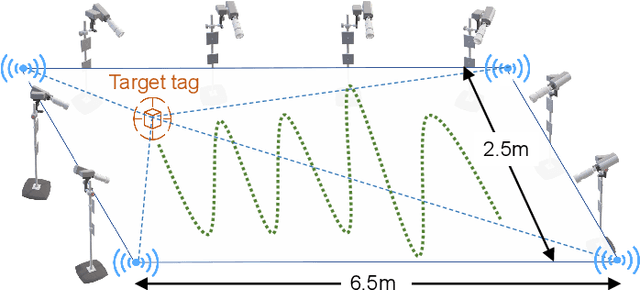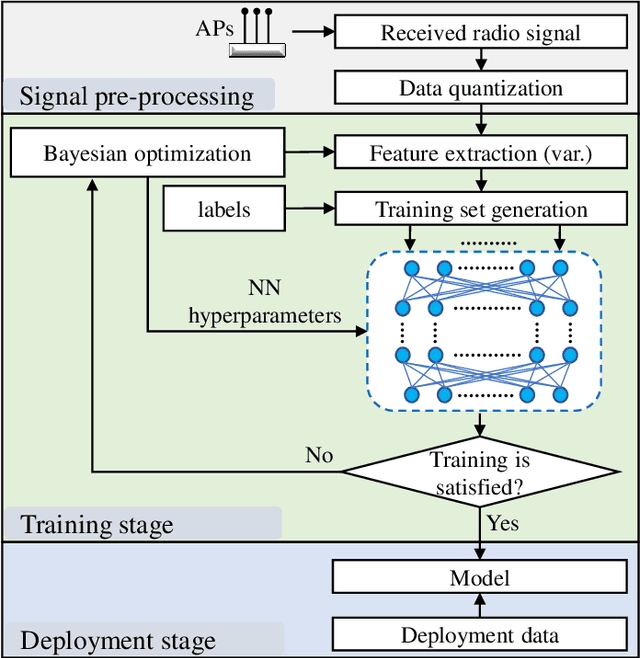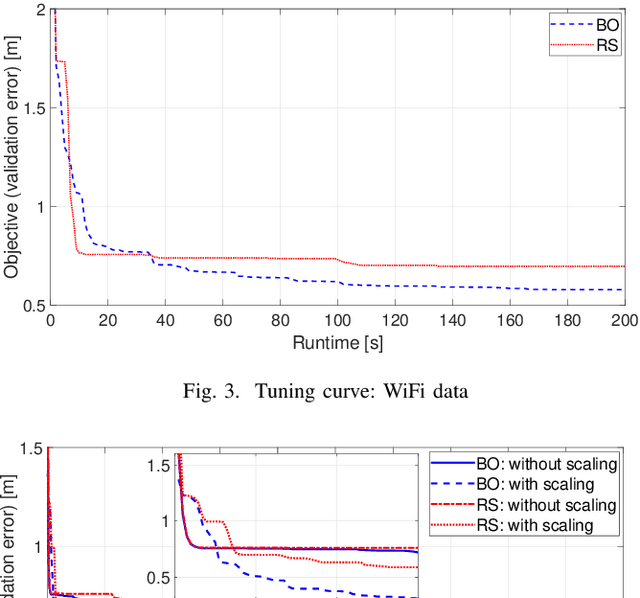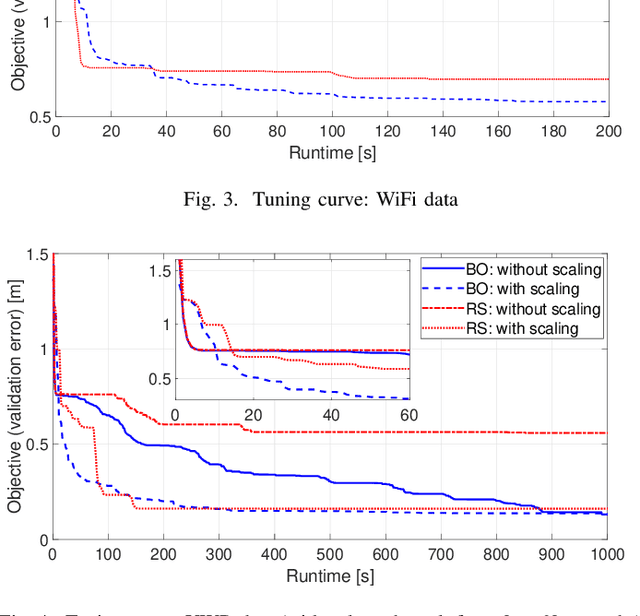Ziming Zhu
LaTeXTrans: Structured LaTeX Translation with Multi-Agent Coordination
Aug 26, 2025Abstract:Despite the remarkable progress of modern machine translation (MT) systems on general-domain texts, translating structured LaTeX-formatted documents remains a significant challenge. These documents typically interleave natural language with domain-specific syntax, such as mathematical equations, tables, figures, and cross-references, all of which must be accurately preserved to maintain semantic integrity and compilability. In this paper, we introduce LaTeXTrans, a collaborative multi-agent system designed to address this challenge. LaTeXTrans ensures format preservation, structural fidelity, and terminology consistency through six specialized agents: 1) a Parser that decomposes LaTeX into translation-friendly units via placeholder substitution and syntax filtering; 2) a Translator, Validator, Summarizer, and Terminology Extractor that work collaboratively to ensure context-aware, self-correcting, and terminology-consistent translations; 3) a Generator that reconstructs the translated content into well-structured LaTeX documents. Experimental results demonstrate that LaTeXTrans can outperform mainstream MT systems in both translation accuracy and structural fidelity, offering an effective and practical solution for translating LaTeX-formatted documents.
Bayesian Optimisation-Assisted Neural Network Training Technique for Radio Localisation
Mar 08, 2022



Abstract:Radio signal-based (indoor) localisation technique is important for IoT applications such as smart factory and warehouse. Through machine learning, especially neural networks methods, more accurate mapping from signal features to target positions can be achieved. However, different radio protocols, such as WiFi, Bluetooth, etc., have different features in the transmitted signals that can be exploited for localisation purposes. Also, neural networks methods often rely on carefully configured models and extensive training processes to obtain satisfactory performance in individual localisation scenarios. The above poses a major challenge in the process of determining neural network model structure, or hyperparameters, as well as the selection of training features from the available data. This paper proposes a neural network model hyperparameter tuning and training method based on Bayesian optimisation. Adaptive selection of model hyperparameters and training features can be realised with minimal need for manual model training design. With the proposed technique, the training process is optimised in a more automatic and efficient way, enhancing the applicability of neural networks in localisation.
 Add to Chrome
Add to Chrome Add to Firefox
Add to Firefox Add to Edge
Add to Edge